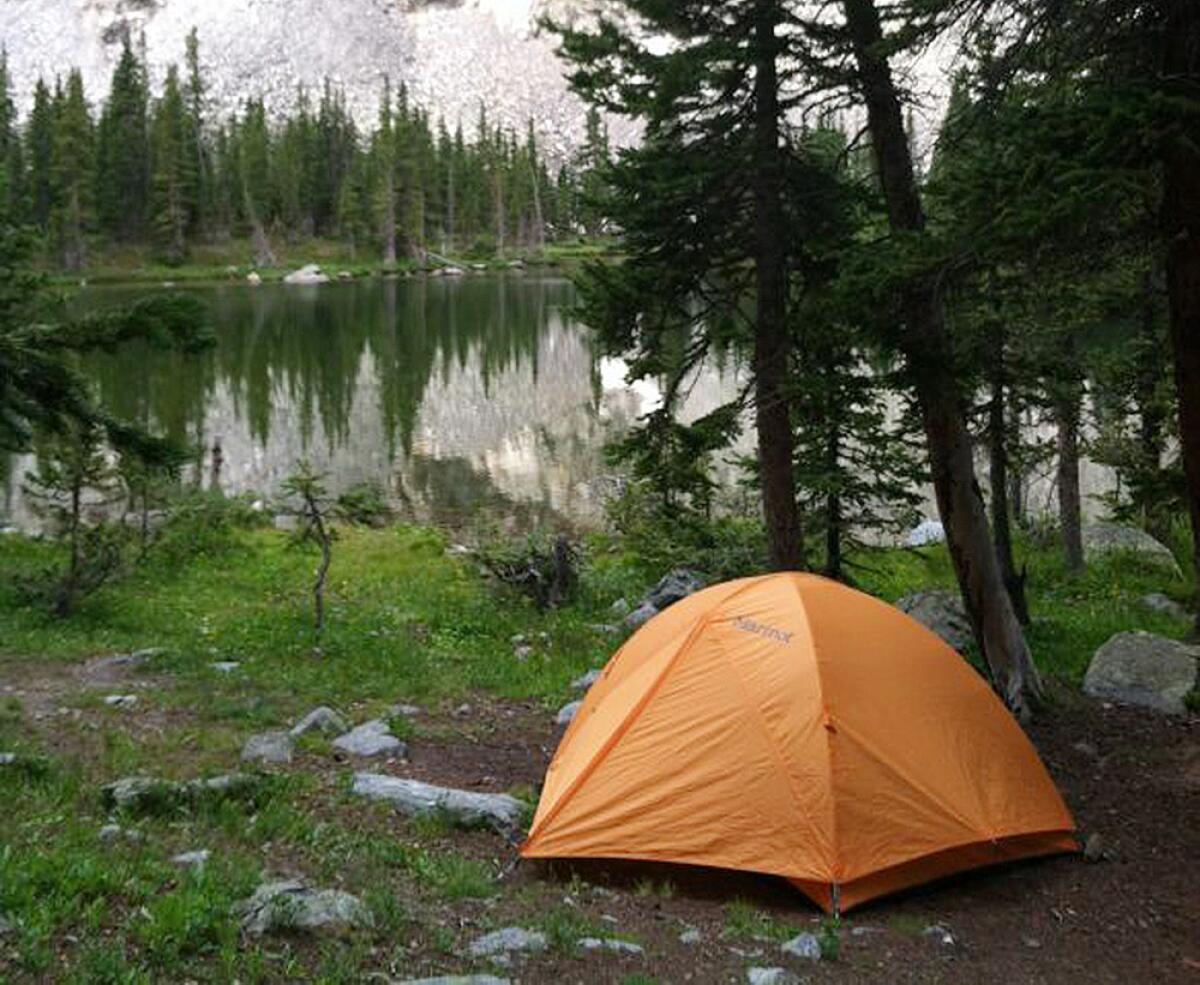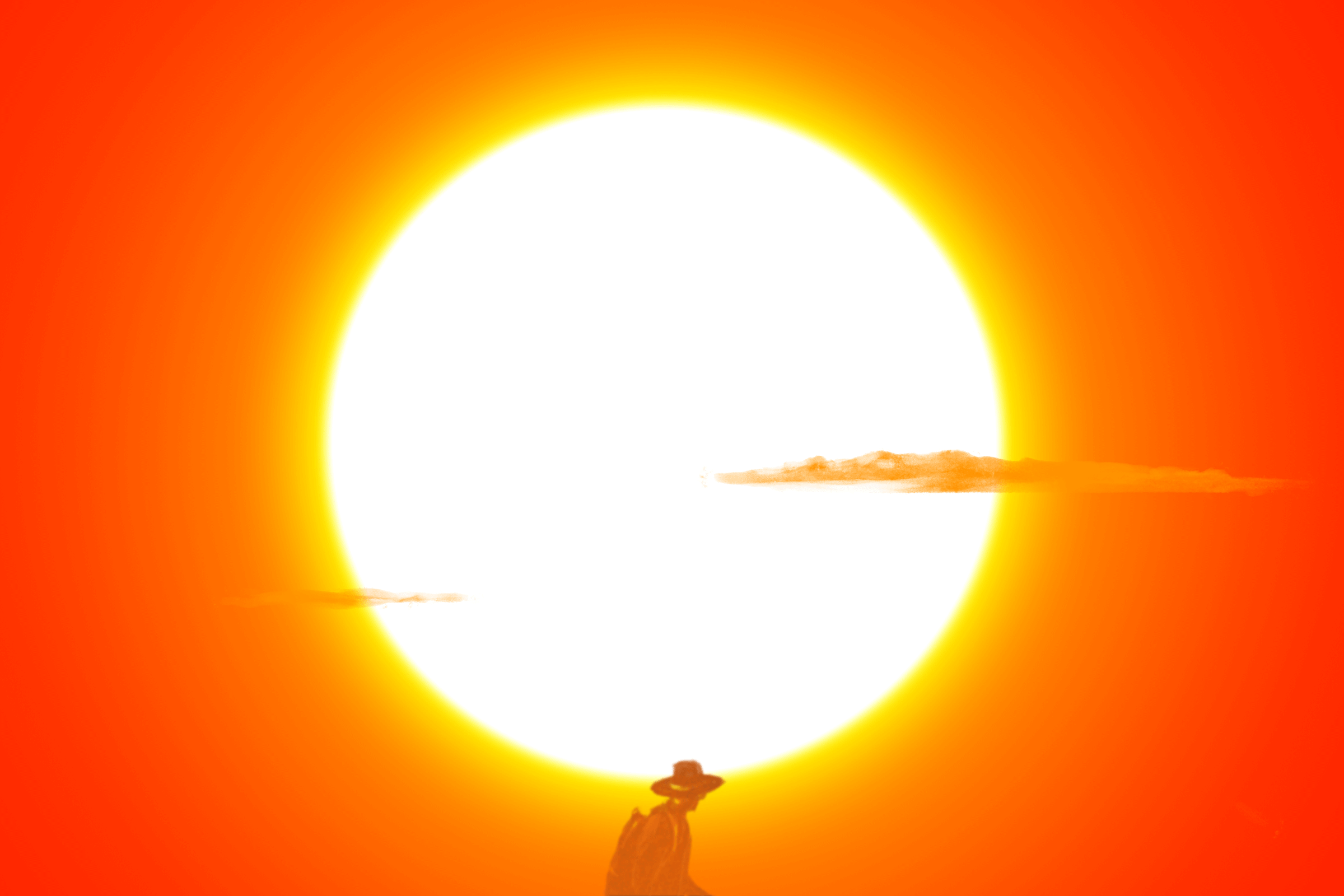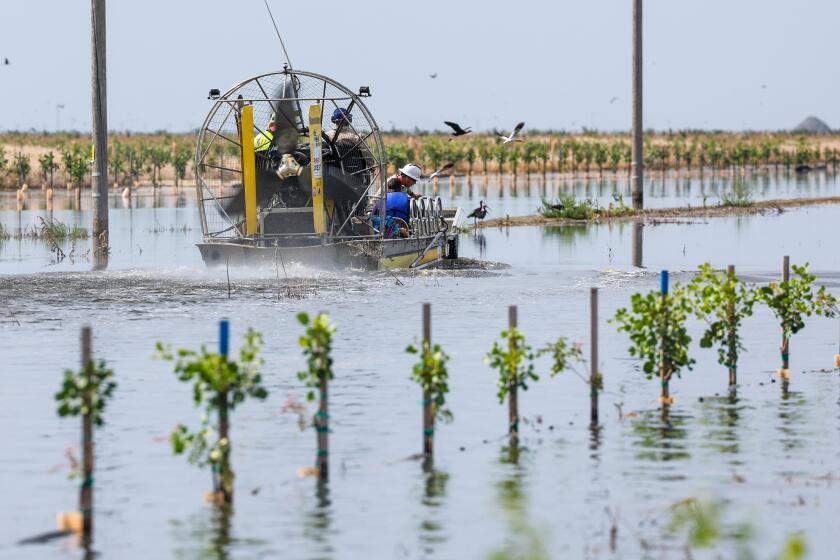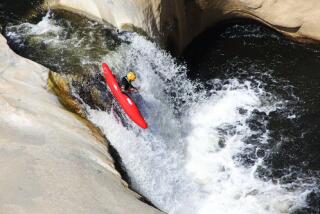They ventured into the Rockies in Colorado to live off the grid. It ended badly

- Share via
The world had become increasingly perilous, and Rebecca Vance, her teenage son and her sister Christine Vance decided last summer to get away from it all, live in the wild, off the grid in the Colorado Rockies.
Trevala Jara, a stepsister to the two women, tried persuading them not to go.
But their minds were made up. So they hugged, cried and said their goodbyes on Jara’s front porch a few days before leaving. Jara asked her stepsister Christine to send postcards — anything to let her know that they were safe.
The postcards never came, but tragedy did.
The Gunnison County Coroner’s Office identified Rebecca Vance, 42, Christine Vance, 41, and Rebecca’s 14-year-old son as the three people whose decomposed remains were discovered in a remote area of the national forest, east of Gunnison, in the Colorado Rockies earlier this month.
The identification of the remains comes weeks after the Gunnison County Sheriff’s Office said it received a call on July 9 from a hiker who discovered a remote campsite in the area of Gold Creek Campground with a “heavily decomposed deceased individual within the camp,” the Sheriff’s Office said in a statement.
A visit to Death Valley National Park has profound consequences for a veteran of extreme temperature. “I thought I knew heat.”
The next day, sheriff’s investigators located the campsite and discovered two more heavily decomposed remains, the Sheriff’s Office said.
Evidence suggested the family was trying to live off the grid and probably died because of malnutrition or exposure to the elements, said Michael Barnes, the Gunnison County coroner. The autopsy reports are not yet complete, and Barnes said the office is waiting on a toxicology report. He added that carbon monoxide poisoning was also a concern because evidence suggested the family tried to stay warm by burning materials, including vegetation in soup cans, inside their tent.
Jara described her sister Rebecca, whom she called Becky, as an intelligent, quiet child with only one best friend growing up. “It wasn’t exactly that she didn’t trust anyone,” Jara said. “It was just that she’d much rather be by herself.”
During the pandemic, Rebecca Vance grew increasingly fearful of the state of the world, concerned about external influences or dangerous people, Jara said. Christine Vance had also grown frightened, but not to the same extent, Jara said. Rebecca began to dream about living disconnected in the wilderness — a path she deemed necessary to survive.
After schools reopened from the pandemic shutdown, Rebecca chose to continue home-schooling her teenage son, whom Jara described through tears as smart, and who loved to play video games like Pokemon and Mario Kart.
Early in the fall of 2021, Rebecca Vance shared her plan only with Christine, who was not going to join them. Then, one day in July last year, Christine arrived at Jara’s doorstep with their mother’s urn and some of their parents’ belongings. She was going with Rebecca, she said. Jara broke down.
Her sisters told other family members they were headed out of state for a family emergency, Jara said. But they confided in Jara their plans to go live off the land, though they did not share any precise details, including where they’d be going.
“[Rebecca] really thought she was saving her son and Christine by living by themselves and being off the grid,” Jara said. “I really did not think it was going to get this far.”
Tulare Lake, Owens Lake, Mono Lake and other bodies of water remind us of California’s past — and that, ultimately, nature is in charge around here.
Jara and her husband, along with a close family friend who is experienced with off-the-grid living, tried to stop them, Jara said. Jara even proposed they go live on her and her husband’s property in the mountains, which has no running water or electricity but had a generator and an RV, along with a general store not too far away.
“We offered that to them so they can at least practice, and then we know where they are at, and we can check on them,” Jara said. The idea appealed to Christine Vance, but not to Rebecca, who was certain they could “live on their own,” she said.
Realizing they couldn’t persuade them to stay, Jara said she, her husband and the family friend did what they could to help the family prepare before venturing off, teaching them about different plants to eat or to avoid or items to pack.
According to Barnes, the family settled about 9,500 feet in elevation in the national forest, an hour outside of Gunnison, a town in western Colorado. Empty cans and refuse suggested the family had been there for an extended time, Barnes said.
But they appeared to struggle to survive against the snow and bitter cold, which he said crept up quickly and lasted through spring.
A judge has thrown out the surcharge on LADWP water bills that was used to subsidize low-income customers.
Near the campsite authorities found a lean-to — a type of crude shelter — made with logs held together by some cordage, a sign that the group was probably trying to find refuge from the weather.
There were empty soup cans and other garbage found around the site, including signs the family built fires to stay warm in the tent.
The area where the family would go to the bathroom was just a few feet away from the tent, which Barnes said also indicated the family probably struggled with the winter conditions. “They didn’t want to venture far to use the restroom.”
“I think they kind of got marooned out there,” he said. The remains were also “abnormally thin,” and were identified based on “dental records, fingerprints and other associated evidence,” he said.
Jara hopes the story of her sisters and nephew could be a cautionary tale for others, particularly those who plan to venture into the wilderness but are inexperienced.
“YouTube and the internet is not enough,” Jara said.
She added: “Fear can get ahold of the best of us. Do not let fear take over you. Research if you think something is wrong. Do your homework, before you let fear take over you.”
More to Read
Sign up for Essential California
The most important California stories and recommendations in your inbox every morning.
You may occasionally receive promotional content from the Los Angeles Times.

















